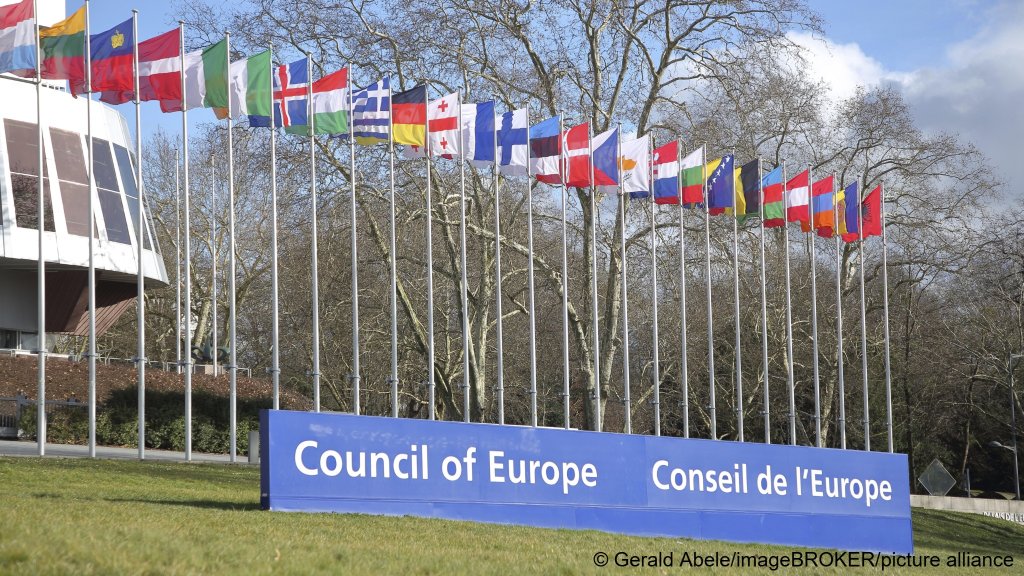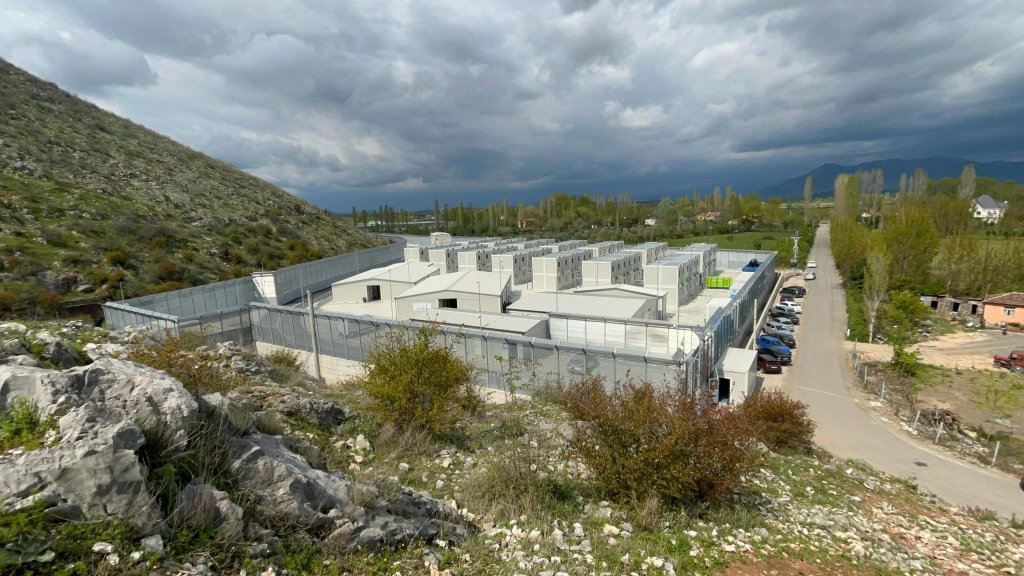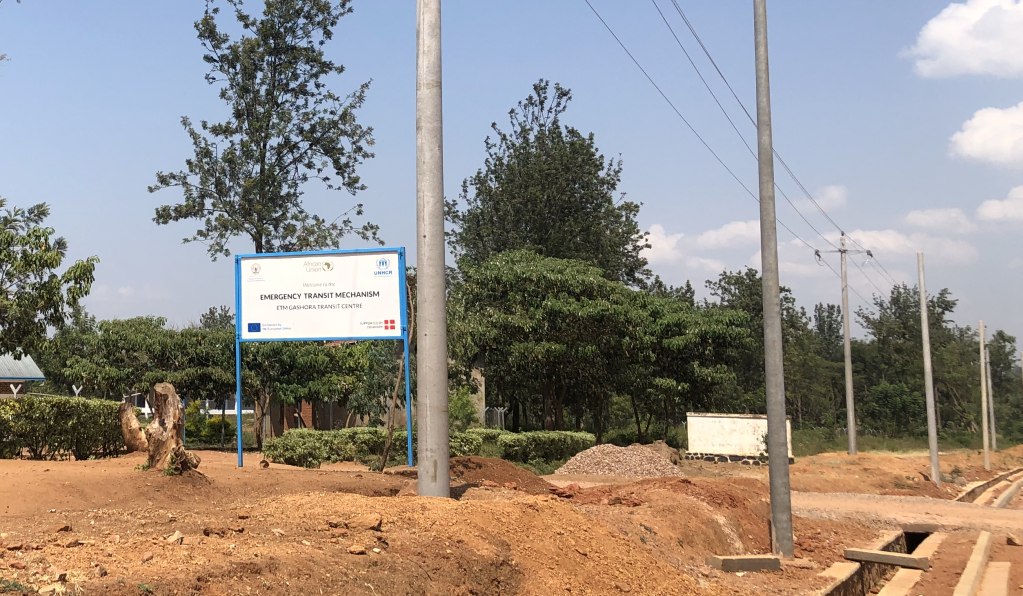In a new report, the Council of Europe warned against outsourcing asylum processing, migrant returns, and border control to third countries. It urged governments to adopt strong safeguards, accountability measures, and legal guarantees to ensure compliance with human rights obligations.
The Council of Europe, Europe’s leading human rights organization, has urged its 46 member states not to outsource asylum processing, migrant returns, or border control to third countries without strict safeguards. In a new report, Externalised asylum and migration policies and human rights law, the organization warns that such measures may expose people to torture, arbitrary detention, collective expulsions and even death, while undermining Europe’s international human rights obligations.
Presenting the report, Commissioner for Human Rights Michael O’Flaherty cautioned governments against pursuing migration deals that prioritize control over protection.
"External cooperation on asylum and migration needs to be designed and implemented with great care, so as not to put human rights at risk," he said, adding that such policies "can expose women, men and children to significant risks of serious harm and protracted suffering.!
Read AlsoGermany moves to implement EU asylum reform
Three Areas of Acute Risk
The report highlights three areas where risks are particularly acute: the external processing of asylum claims, external return procedures such as "return hubs," and the outsourcing of border control to countries with a track record of abuses against migrants.

It warns that externalization raises serious legal concerns because it risks breaching core obligations under international and European law. Outsourcing asylum procedures, returns, or border control can undermine the right to seek asylum, deny individuals access to effective remedies, and lead to violations of the principle of non-refoulement.
Crucially, the report underlines that states remain legally responsible for protecting human rights even when functions are delegated to third countries, meaning that people on the move may still be denied protection, deprived of remedies, or placed in life-threatening conditions.
Read AlsoItaly, France, and Germany team up for migrant repatriation
Recommendations for governments
To counter these dangers, the Commissioner urges states to adopt a precautionary approach, beginning with thorough human rights risk assessments before signing migration agreements. He also calls for clear, non-negotiable principles that rule out any cooperation likely to lead to violations and insists that vulnerable groups, including children, must never be subjected to externalized procedures.
The report sets out four main safeguards:
- Preventing responsibility-shifting by ensuring states remain accountable even when working with third countries.
- Individual assessments for every case, with strict limits on the use of “return hubs.”
- Transparency and accountability, including robust agreements and effective oversight mechanisms.
- Independent monitoring and investigations into any alleged violations.
“As European states continue to pursue externalization, the impact on the human rights and dignity of people on the move must not be overlooked,” O’Flaherty said. “Member states should assess the risks involved, commit to strong legal guarantees, and ensure scrutiny of their actions.”
Read AlsoGreece approves a three-month suspension of asylum claims
Legal and Political Pushback
The Council’s warning comes as several European states test the boundaries of externalization. Italy has established reception centers in Albania that critics say function as repatriation facilities. In August 2025, the Court of Justice of the European Union ruled in favor of Italian judges demanding the return of asylum seekers expelled under this arrangement.

In 2022, the European Court of Human Rights (ECHR) blocked the UK’s plan to transfer asylum seekers to Rwanda, issuing an emergency measure that halted deportation flights over risks of ill-treatment. Since then, London has shifted course, signing a bilateral agreement with France to send asylum seekers back across the Channel.
Read AlsoJudges and bureaucrats 'won't stop us on migrants', Italian PM
A global trend
Europe is not alone in pursuing these policies. In recent years, several countries outside the EU have struck migration deals with wealthier states.

The United States, under the Trump administration, signed "safe third country" agreements with El Salvador, Honduras, and Guatemala, while Rwanda and Uganda have hosted migrants expelled from other states. Critics say such arrangements mirror Europe’s externalization strategies and similarly put rights at risk.
Read AlsoUK seeks to draw up agreements with third countries for return hubs
Europe’s credibility at stake
The Council of Europe’s report warns that while outsourcing asylum and migration control may be presented as a practical solution to migration pressures, it carries profound consequences for human rights and international law.
For O’Flaherty, the issue is not only about migration management but also about Europe’s credibility as a defender of human dignity. Policies that externalize asylum, he argues, risk eroding the very principles Europe has committed to uphold.
Read AlsoEurope, migration and the perennial question of integration 10 years on – part 1
With AFP
